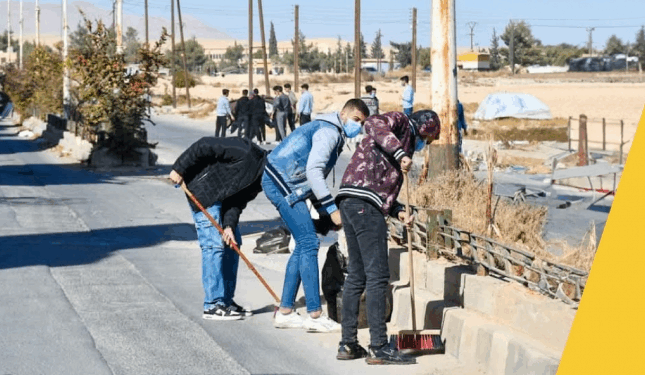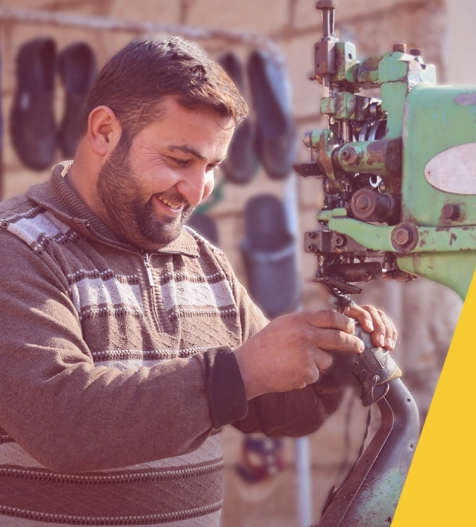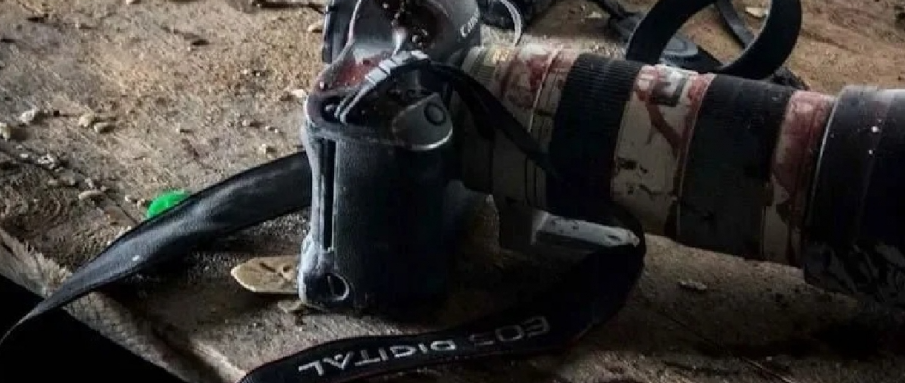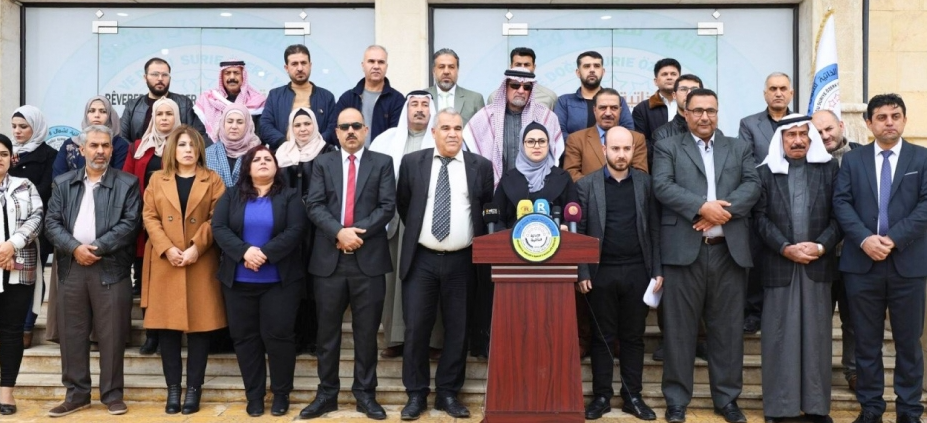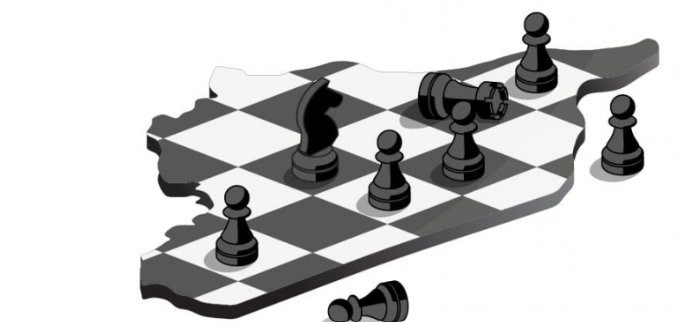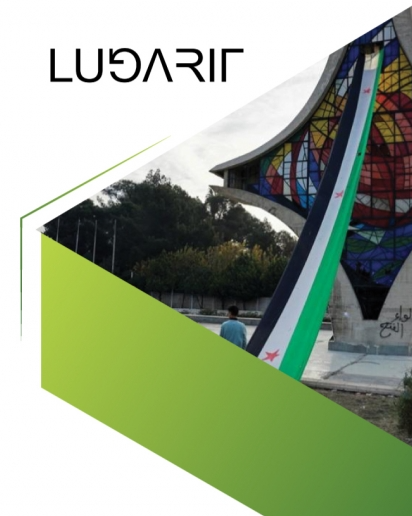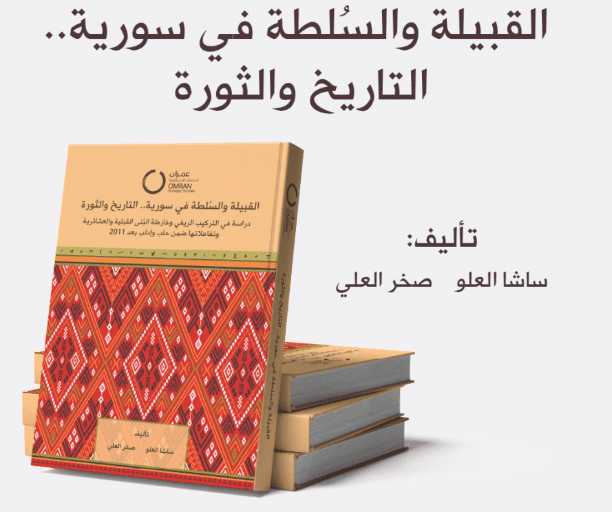Introduction
This report provides a brief overview of the transformations taking place in civil society in Syria after the liberation of major cities. It reviews the role of local and international organizations in providing relief and ensuring the sustainability of services amid complex humanitarian challenges. It focuses on the disparity in organizations’ responses across different regions and the obstacles they face, including funding shortages and coordination difficulties. This makes the current phase a true test of civil society’s ability to meet the urgent needs of local communities ([1]).
Civil Society on the Eve of Assad’s Fall: Prisoner of Control, Cooptation, and Corruption
From Operation Deterrence to the liberation, military operations—from Idlib to Aleppo and Hama—were proceeding at a rapid pace, with a concerted and immediate response from civil society organizations that had been operating in northwestern Syria for more than ten years. Once cities were liberated, security forces entered them, and organizations began operating with pre-existing relief stockpiles, part of previous funding plans. These organizations leveraged their accumulated experience over the past years to organize their joint work, especially during major crises, such as the ongoing bombing and mass displacement movements, the February 2023 earthquake, and the crisis of Syrian returnees from Lebanon. Continuous training courses also contributed to the development of human resources, making the civil society sector one of the most active sectors in these areas.
In areas under the former regime, organizations and associations were centralized under the supervision of the Ministry of Social Affairs and Labor, which was characterized by bureaucracy and depleted human resources through its traditional functional nature. Corruption networks also swallowed up the humanitarian dimension of civil society, such as the “Syrian Trust for Development,” which ostensibly worked to provide protection and relief, but in reality served as a security tool.
The state relied on the 1958 Law on Associations (Law No. 39 and its amendments of 1969), which granted it complete control over society and its institutions. One of the most prominent provisions of this law was the merging of associations with similar activities into a single framework, restricting the freedom to establish new associations, despite the existence of unregulated geographic areas. The law granted the state the right to dissolve associations without resorting to the courts, which opened the door to their dissolution under pretexts such as “threat to state security,” based on pressure from the Ministry of Social Affairs, in cooperation with the security and military agencies when reviewing candidacy applications. The ministry also imposed strict conditions on the monitoring and connection of local associations to external and domestic funding sources, rendering civil society entirely subject to the control of the authorities. In addition, other laws were issued to control civil society, such as Law No. 33 of 1975, which granted general federations—such as the General Women’s Union and the Workers’ Union—the right to monopolize activities within their respective fields. For example, the law prohibits the formation of any association concerned with women’s affairs outside the umbrella of the General Women’s Union, considering this a violation of its provisions ([2]).
Corruption networks also monopolized opportunities for training and professional development, making these opportunities exclusive to those close to the organizations’ management. Humanitarian work opportunities were also limited by recruitment mechanisms that relied on connections and personal relationships with officials and officers. Since 2011, civil society in areas under the former regime’s control has continued to operate in the same manner during every humanitarian crisis, despite scarce resources and the weak institutional structure of organizations and associations.
The Damascus government found itself in a dire humanitarian situation due to its distance from areas where civil society organizations operate, in addition to the absence of international organizations with programs independent of local associations, which were under the regime’s control. Local associations were unable to quickly transition from serving the ruling regime to serving the Syrian people, and warehouses and stores were virtually empty due to the ongoing depletion of aid supplies, theft of aid, and its sale in markets. The absence of monitoring and evaluation mechanisms exacerbated this crisis, making the humanitarian situation even more fragile.
Distribution of Organizations and Associations in Former Regime Areas (Geographically and Sectorally)
According to OCHA estimates, which documented associations and organizations operating under the former government’s authority, there are approximately 120 organizations operating in all governorates under the control of the “former regime” until the beginning of Operation Deterrence. These include:
Seven United Nations offices, such as the United Nations Development Fund, UNICEF, the World Health Organization, and the World Food Organization.
Seven international organizations, including the Danish Refugee Council, the Norwegian Refugee Council, and the Aga Khan Trust for Humanitarian Affairs.
Seventy local Syrian associations, including the Syria Trust for Development and the Syrian Arab Red Crescent.
Eight service bodies and institutions affiliated with state ministries, which implemented the organizations’ projects, including the Ministries of Health, Education, Higher Education, and Water Resources, with ongoing oversight from the Ministry of Social Affairs and Labor and the Family Affairs Commission.
After the Liberation of Aleppo: Rapid Response
With the liberation of Aleppo, organizations rushed to enter the areas immediately after the end of military operations and the cities were free of fighting. For example, organizations from the northwest, such as Ihsan, Banafsaj, and Bonyan, along with other relief organizations, entered the area, in addition to medical organizations such as SAMS and the Civil Defense, which provided emergency medical services.
The first liberated areas were characterized by rapid response, with an immediate focus on the sustainability of services. Civil Defense teams and organizations worked to reopen bakeries and shops, while the military operations room encouraged residents to resume their work. At the same time, the Ministry of Development, affiliated with the Salvation Government, assumed responsibility for distributing organizations according to areas, conducting rapid needs assessments, which helped organize relief distribution and prevent randomness.
Associations and organizations affiliated with the Ministry of Social Affairs disappeared from the scene in Aleppo until the arrival of the Aggression Deterrence Forces on the outskirts of Damascus. Although approximately 50 local organizations were identified in Aleppo, such as the Al-Raja Association for the Disabled, the Al-Birr wal-Ihsan Charitable Society, the Bokra Ahla Development Association, the Greek Orthodox Patriarchate, and the Family Planning Association, their activities were limited. These organizations only began operating after the liberation of Damascus. Some organizations reopened their medical services, even emergency services, such as the Al-Birr wal-Ihsan Charitable Society in Aleppo ([6]).
Some organizations waited for the liberation of all of Syria before resuming their activities at a minimal level, completing previously established projects without replenishing their needs, such as the DOOR organization ([7]). International organizations that were partners with the United Nations Development Fund (UNDP), such as the European Institute for Cooperation and Development (IECD), suspended their activities until further notice. The reason for this delay was the centralized link between these organizations and the Ministry of Foreign Affairs, and their inability to operate independently except within the framework of orders and circulars issued by the ministries. Some of them were also directly or indirectly linked to the Syrian Trust for Development, which has been heavily active in Aleppo in recent years. The Syrian Trust for Development deleted its official Facebook page, erasing its archived history documenting its support for and funding of the former regime. Subsequently, the Trust disappeared from the scene, including its offices, staff, and volunteers.


